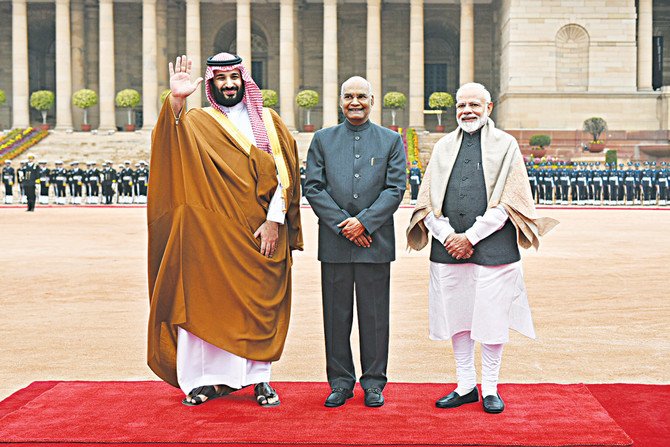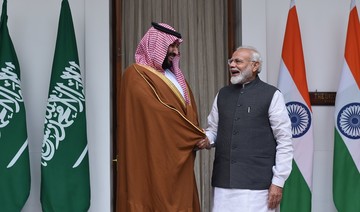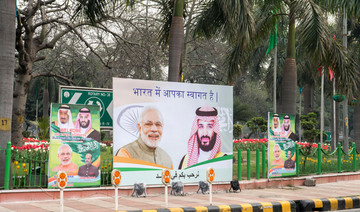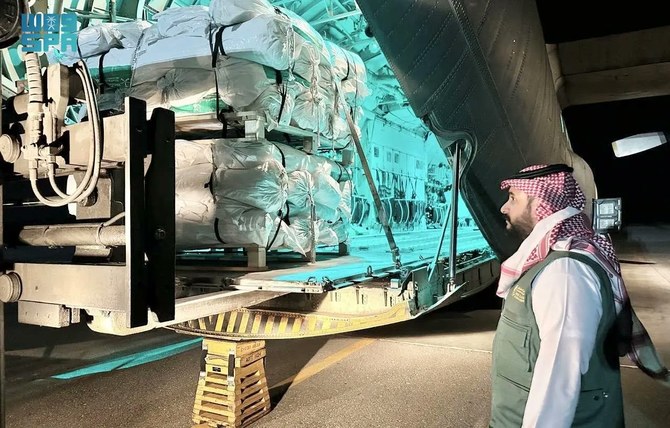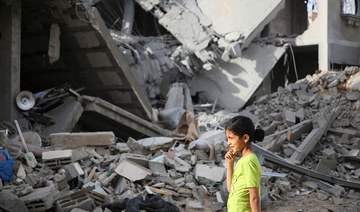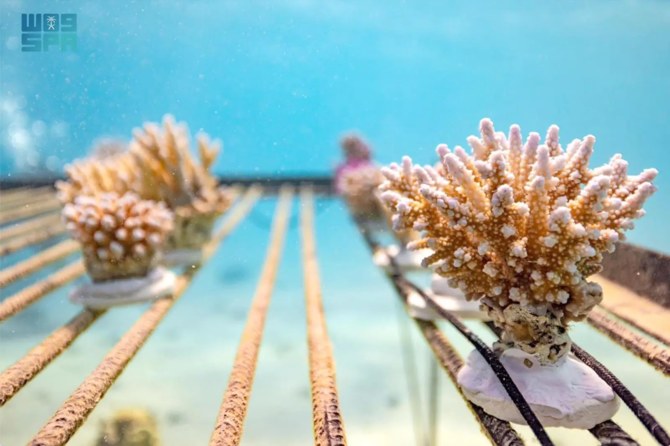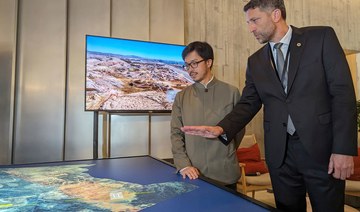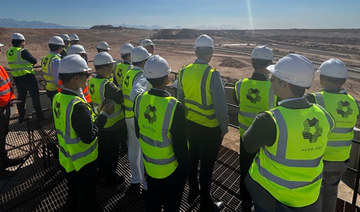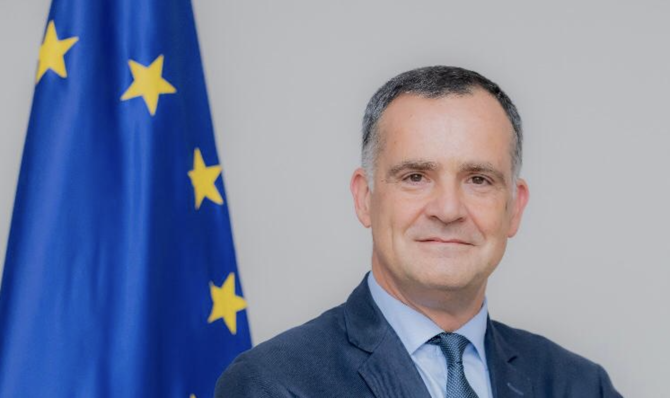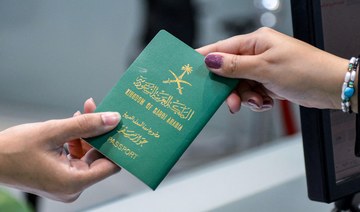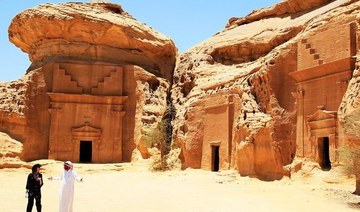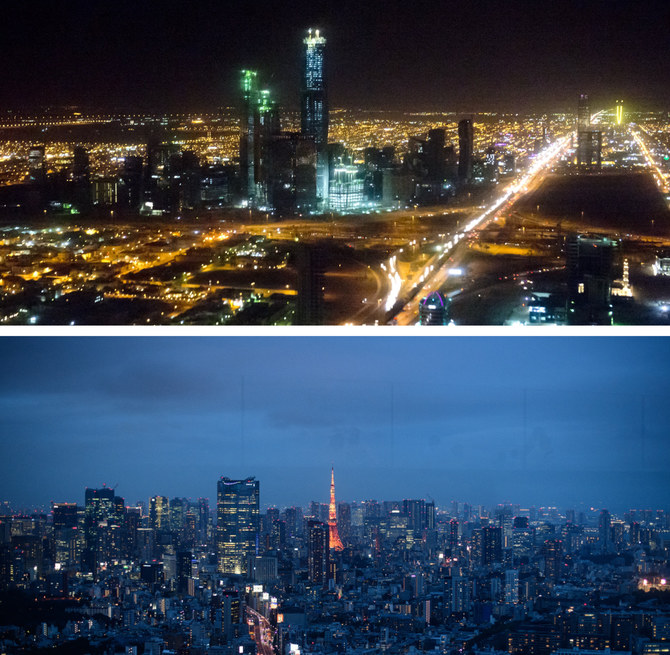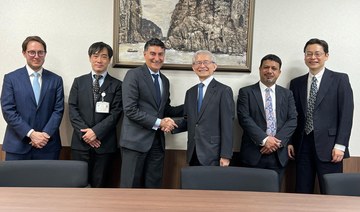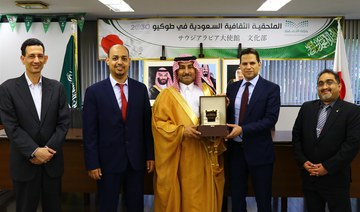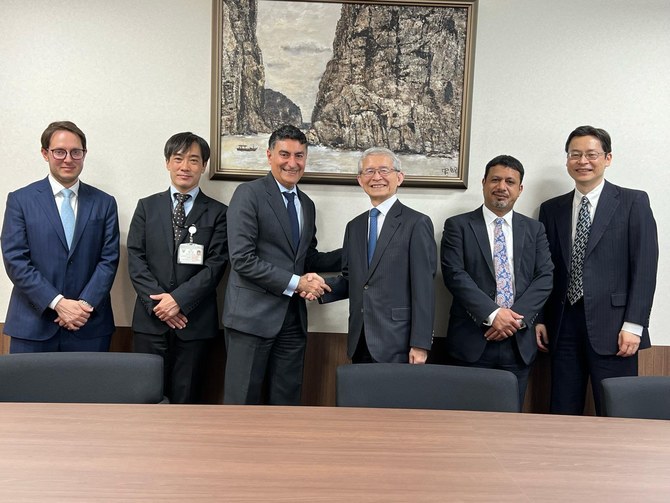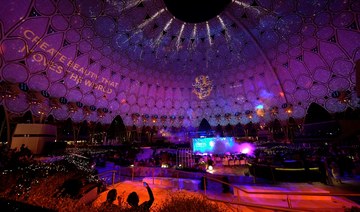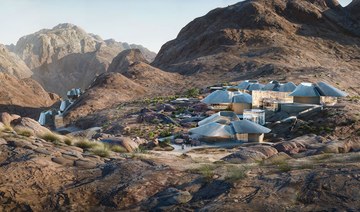NEW DELHI: India and Saudi Arabia have taken their bilateral relationship to new heights with a decision to set up a Strategic Partnership Council and hold a summit meeting every two years.
The move was agreed during discussions between Crown Prince Mohammed bin Salman and Indian Prime Minister Narendra Modi in New Delhi on Wednesday that yielded five memorandums of understanding in investment, tourism, housing, and information and broadcasting.
The Saudi crown prince also announced a $100 billion investment in India in areas including energy, refining, petrochemicals, infrastructure, agriculture and manufacturing.
Saudi Arabia is also investing in the IT industry, and India can help the Kingdom expand and strengthen its “IT footprint,” he said.
Meanwhile, New Delhi announced e-visa facilities for Saudi citizens to promote trade and tourism.
The two leaders spoke one-on-one before the start of delegation-level talks. The Saudi crown prince’s visit has “given a new momentum to our age-old relationship,” Modi said in a joint press conference after the meeting.
Modi told the media that Saudi Arabia has agreed to become part of the International Solar Alliance, a group of “solar resource-rich countries” initiated by India to promote solar energy.
The “time has come to convert our energy relationship into a strategic partnership,” he said. “The biggest refinery in the world and Saudi participation in India’s strategic petroleum reserve elevate our relationship from a mere buyer-and-seller relationship.”
Speaking at the joint press conference, the Saudi crown prince agreed. “We are now diversifying our interests in petrochemicals and building storage capacities. We want to cooperate with India, and this will give a new momentum to our relationship,” he said.
The crown prince said that the tie between India and Saudi Arabia goes back in history and “flows in our blood.”
Recalling the visit of Modi to Riyadh in 2016, he said that “since then we have made great strides, and Saudi Arabia has made the investment of $44 million.”
Earlier in the day, the crown prince met with the media at the presidential palace. “The relationship between India and Saudi Arabia is in our DNA,” he explained. “Today, we want to be sure that the relationship is maintained and improved for the sake of both countries, and with the leadership of Mr. President and the Prime Minister, we can create good things for both countries.”
The crown prince expressed his admiration for Modi. “He is the elder brother and I am his younger brother.”
On the sidelines of yesterday’s talks, 400 business leaders from India and Saudi Arabia gathered in the capital under the banner of the Saudi India Forum to discuss opportunities for business cooperation.
“India and Saudi Arabia are undergoing a paradigm shift, and both countries need to cooperate strategically to realize the potential of the change,” said Dr. Faisal Al-Sugair, head of the Saudi Center for International Strategic Partnerships, in his inaugural address. 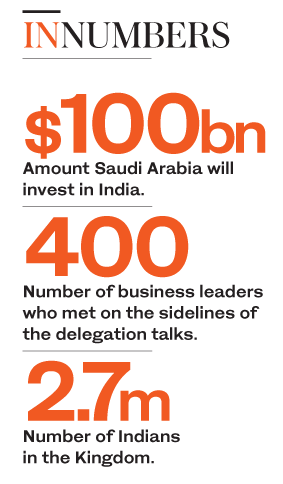
“We want Indian companies to become strategic partners in Saudi Arabia’s march to realize (the) 2030 Vision.”
Yousef Al-Benyan, of the Saudi petrochemical company Sabic, said that “both India and Saudi Arabia are undergoing transformation, and at this stage we can do so many things together to realize the potential of the young generation.”
Azim Premji, of the Indian IT company Wipro, underlined the importance of “using India’s IT know-how” to access the knowledge and service industry in the country.
Indian foreign policy experts see the crown prince’s tour as a landmark development. “Mohammed bin Salman’s visit marks a paradigm shift in the relationship between New Delhi and Riyadh,” said Dr. Zakir Hussain, a New Delhi-based foreign policy expert.
“The visit reveals a mature partnership, and underscores the importance both countries place on each other’s growth and prosperity,” he said.


